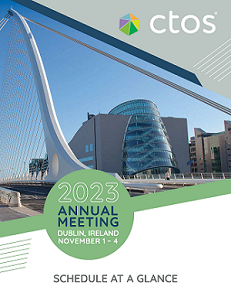
Xiaochun Zhang, MD
Staff Scientist
Washington University in St. Louis
I've been working on cancer research for over two decades. Beginning in 1997, I was doing research on non-small cell lung cancer (NSCLC) at Nanchang University in China. My research was centered on the role of p53, and p16, their mechanisms and therapeutic treatments by utilizing nude mice xenographic models. When I arrived at Washington University in 2000, I started working projects on the Alzheimers, neurodegeneration and cell migration. After that, I joined Dr. Samuel Stanley's research group as a research associate studying the molecular mechanisms and pathogenesis of amoebiasis. After 5 years worked there, I moved on to the Siteman Cancer Tissue Procurement core facility and collaborated with more than 100 cancer research groups and organizations or cancer research labs. While there, we teamed up with the genomic institute of Washington University. During this time, I started collaborating with Dr. Angela Hirbe, and started studying the MPNSTs to better understand the pathogenesis and the biomarkers of the MPNSTs diagnosis and therapy. I've been with Dr. Hirbe's team since September 2016 as a Staff Scientist and lab manager. My main contributions to Dr. Hirbe's lab include skills in molecular biology, cell culture, and various experiments with animals. We identified III-spectrin as a frequently mutated gene in human MPNSTs, whose function is critical for mouse MPNST growth in vivo. , Aimed at defining the role of III-spectrin in MPNST development and growth using engineered primary MPNST cell lines in vitro and complementary murine Nf1 MPNST models in vivo. In addition, I'm also is the team lead of MTA-cooperative PRMT5 inhibitors In vivo tests project. Given my interest in basic science, translational research.
I am also in charge of training new lab members in terms of technique, and general lab maintenance and management.

